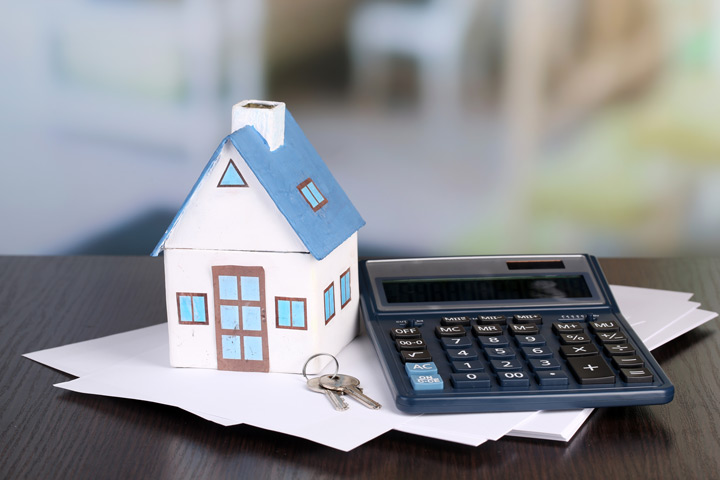
Picture this: Owning properties that offer a steady flow of income while allowing you a balance between work and life that's second to none. That's the dream, right? Well, that's exactly why more and more people are stepping onto the property ladder. But as you prepare to start your own property business, there's a slightly less thrilling side to consider - taxes.
So, let's begin your tax journey, shall we?
First off, you need to pinpoint the 'type' of property business you're operating. The world of property isn't one-size-fits-all, and the tax you pay hinges on the activities your business undertakes.
Here are the four main categories your property endeavours might fall under:
- Property Investment (aka property letting)
- Property Development
- Property Trading
- Property Management
Now, here's the tax twist. The last three on this list - development, trading, and management - are considered a 'trade' by HMRC. These activities fall under Income Tax and National Insurance rules. On the other hand, Property Investment doesn't hold 'trade' status, meaning the profit from selling properties is subjected to capital gains tax.
Here's why that matters: as a property investor, the tax you pay when selling properties is often much lower than what a property trader would shell out. Basic taxpayers in property investment get taxed at just 18% (20% for property traders), while higher-rate taxpayers face a 28% tax (up to 62% for property traders). Plus, there's a cherry on top – an annual 'Capital Gains Tax Exemption' of up to £6,000 (as of 2023/24) per individual.
However, this isn't a pick-and-choose situation. Your business activities determine your status, not your preference. Many property businesses have a mixed status, depending on the variety of projects they're involved in. And just because you sell a property quickly for a big gain, it doesn't automatically make you a property trader.
The bottom line? Classifying your business correctly is crucial to stay on the right side of the law and pay your taxes properly. Because when it comes to taxes, knowledge isn't just power; it's also profit. Let's navigate this tax maze together and put your property business on the path to success.
Property Company
Are you ready to unlock the power of a Limited Company for your property ventures? Let's delve into the world of property tax and understand why so many property traders are turning to Limited Companies to optimise their tax obligations.
At the heart of this shift lies a simple truth: the tax game changes significantly when you operate as a property trader. You're subject to higher tax rates, including Income Tax and National Insurance. It's a world apart from the usually lower rates enjoyed by property investors. So, how do savvy property traders find a route around these steep taxes? Enter the Limited Company.
Operating your property business as a Limited Company offers you the key advantage of being subjected to Corporation Tax, which typically presents a more affordable tax rate than you'd find as a sole trader. As of the current financial year, Corporation Tax stands at a comparatively modest 19%. Quite the contrast to the taxes you'd be facing as a property trader!
However, a word of caution: operating as a Limited Company does come with its own set of considerations. You need to be vigilant to avoid double taxation when extracting profits from your business. For example, any salary drawn over your personal allowance (£12,570 for 2023/24) will again be subject to Income Tax and National Insurance.
But here's the silver lining: depending on other income you've received during the year, you can opt to withdraw the lion's share of any profit as a dividend, which usually carries a lower tax rate. This strategy can be an effective way to maximise your earnings and minimise your tax liability.
In the property realm, understanding your tax obligations and making informed decisions on the structure of your business is a vital part of your journey to success. A Limited Company may just be the option that unlocks your property business's full potential.
Remember, a wise property trader not only knows how to make profits but also how to protect them. If you're considering a Limited Company for your property activities, it's time to seize the day and optimise your tax situation.